POETRY-II 3-Pack
3 CDs
Includes:
Real Politics, Real Poetry
The role of creative people in society has long been debated. Should they focus on their art and stay away from politics? Poets, writers, painters, filmmakers, musicians, artists in general occupy a unique position. Their impact and influence extend far and wide. They illuminate realities in imaginative ways that expand awareness and understanding. Think of Dylan’s “Masters of War” or Arthur Miller’s Death of a Salesman or Picasso’s “Guernica” or Langston Hughes’ poem “Columbia,” where he exposes the depredations of U.S. imperialism. He writes: “In military uniforms, you’ve taken the sweet life / Of all the little brown fellows / In loincloths and cotton trousers. When they’ve resisted, /You’ve yelled, “Rape,” / Being one of the world’s big vampires, / Why don’t you come on out and say so Like Japan, and England, and France, / And all the other nymphomaniacs of power." Recorded at Naropa University.
Satirical Verses
Satire has long been a favorite device of artists seeking to subvert by making fun of those in power, be it church, state, king or landlord. If they are especially good at it, they can be banished, like cartoonist Thomas Nast, or novelist Salman Rushdie. But poetry has never wielded enough influence to bring down such reprisals in the U.S. The satirical and lyric poetry of Edward Dorn has enjoyed a small avid audience since the early 1960s. Abhorrences and his Defense of Heresy & Heretics continue to excite and incite his readership. His most recent title is a book of translations from Native American languages, The Sun Unwound: Original Texts from Occupied America (North Atlantic Books).
Poetry & Politics
June Jordan knows well the burdens placed upon the children of immigrants. It's part of what gave her the courage and conviction to observe the world with the unblinking eye of a reporter and relay what she experiences with the heart of a poet. Her highly political work is a deeply personal call for tolerance and justice. From her beginnings as the only daughter of West Indian immigrants to her current position as an educator and prominent writer, Jordan's journey is rich and varied and is reflected in her powerful and playful poetry and prose.
Speakers
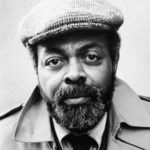
Amiri Baraka
Amiri Baraka was a cultural icon and an iconoclast. He rose to fame in the 1960s as LeRoi Jones. His 1964 off-Broadway play, Dutchman created a sensation. Later he became Amiri Baraka and was a central figure in the Black Arts movement. He was an award-winning playwright and poet and recipient of the PEN/Faulkner Award and the American Book Award for Lifetime Achievement. He was a member of the American Academy of Arts and Letters. He was the author of many books including the classic Blues People. He was brilliant as a homeless sage in the movie Bulworth. His politics were uncompromisingly radical. Through his work he explored the parameters of African-American culture, history, memory, racism, class struggle and political power relationships. As an orator he had a distinct and urgent style. He had a special affinity for jazz and such titans as John Coltrane, Max Roach, and Thelonious Monk. He once said of himself, I’m a revolutionary optimist. I believe that the good guys—the people—are going to win.” He died in 2014. Thousands turned out in his hometown of Newark to honor him.
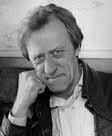
Edward Dorn
Edward Dorn was a distinguished poet of the Black Mountain school. His classic work is Gunslinger. He died in 1999. Ed Dorn Live: Lectures, Interviews, and Outtakes, edited by Joseph Richey, the producer of this program, was published in 2007.
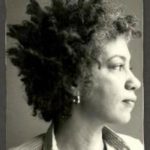
June Jordan
June Jordan, an award-winning poet, essayist and critic, was born in Harlem to parents who were immigrants from the West Indies. She was professor of African American Studies at the University of California at Berkeley, where she was the founder and Director of the Poetry for the People program. Described as “the most published African American in history,” she wrote numerous books including Technical Difficulties, Naming Our Destiny, Affirmative Acts, Poetry for the People, Haruko/Love Poems, and Soldier, a memoir of her childhood. She died in 2002.


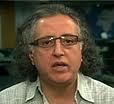

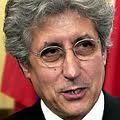
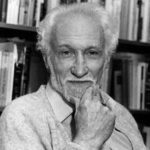
Reviews
There are no reviews yet.